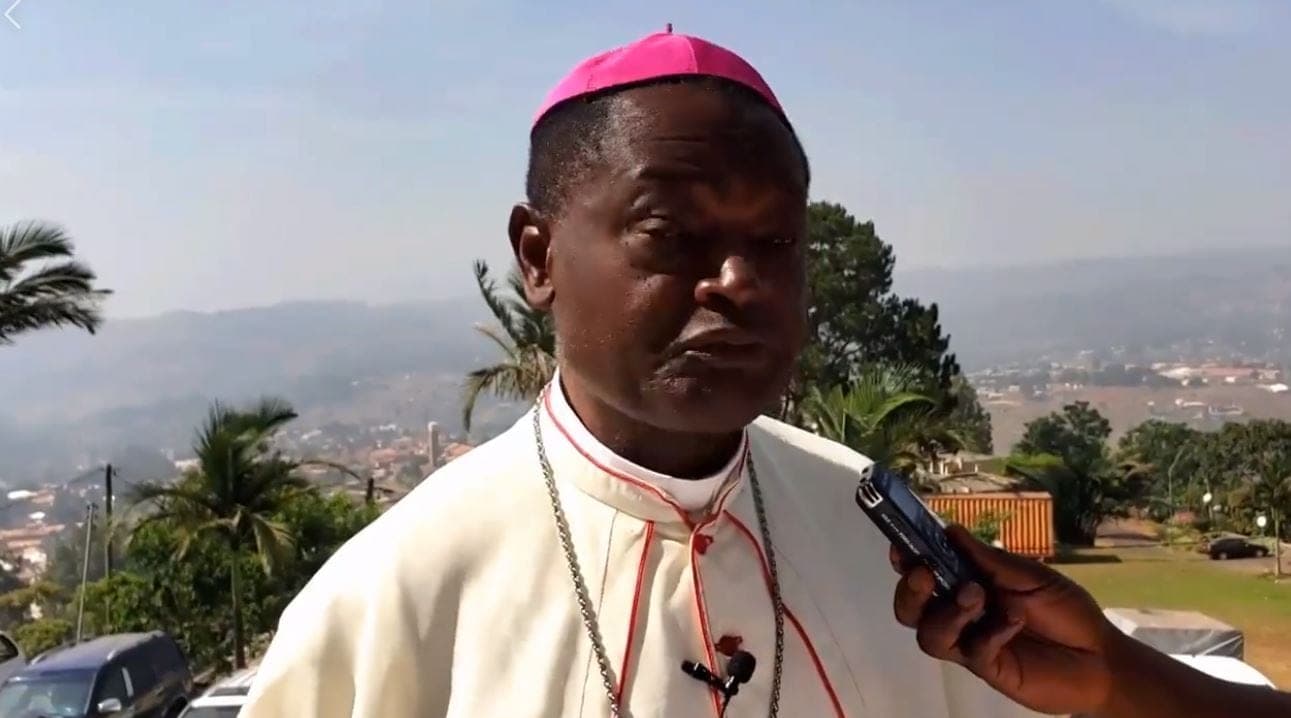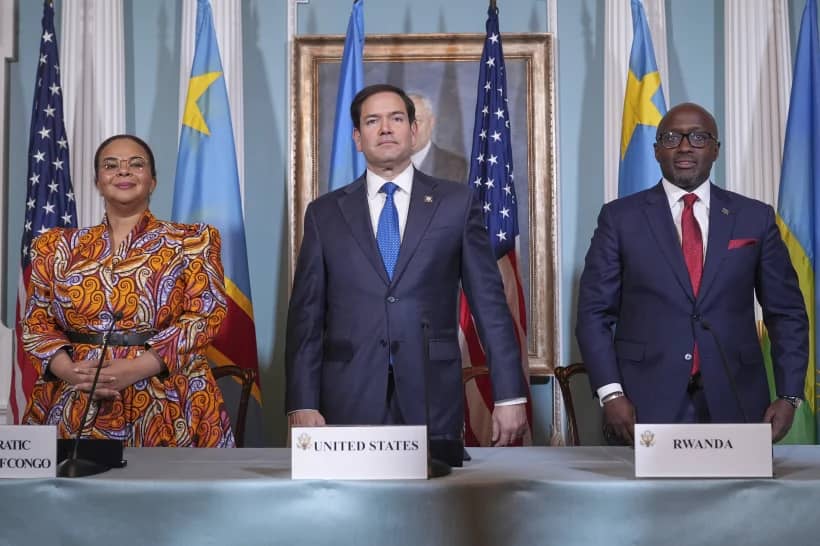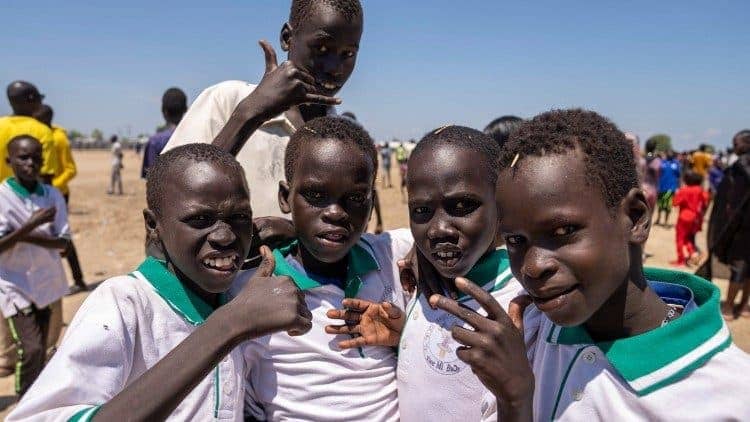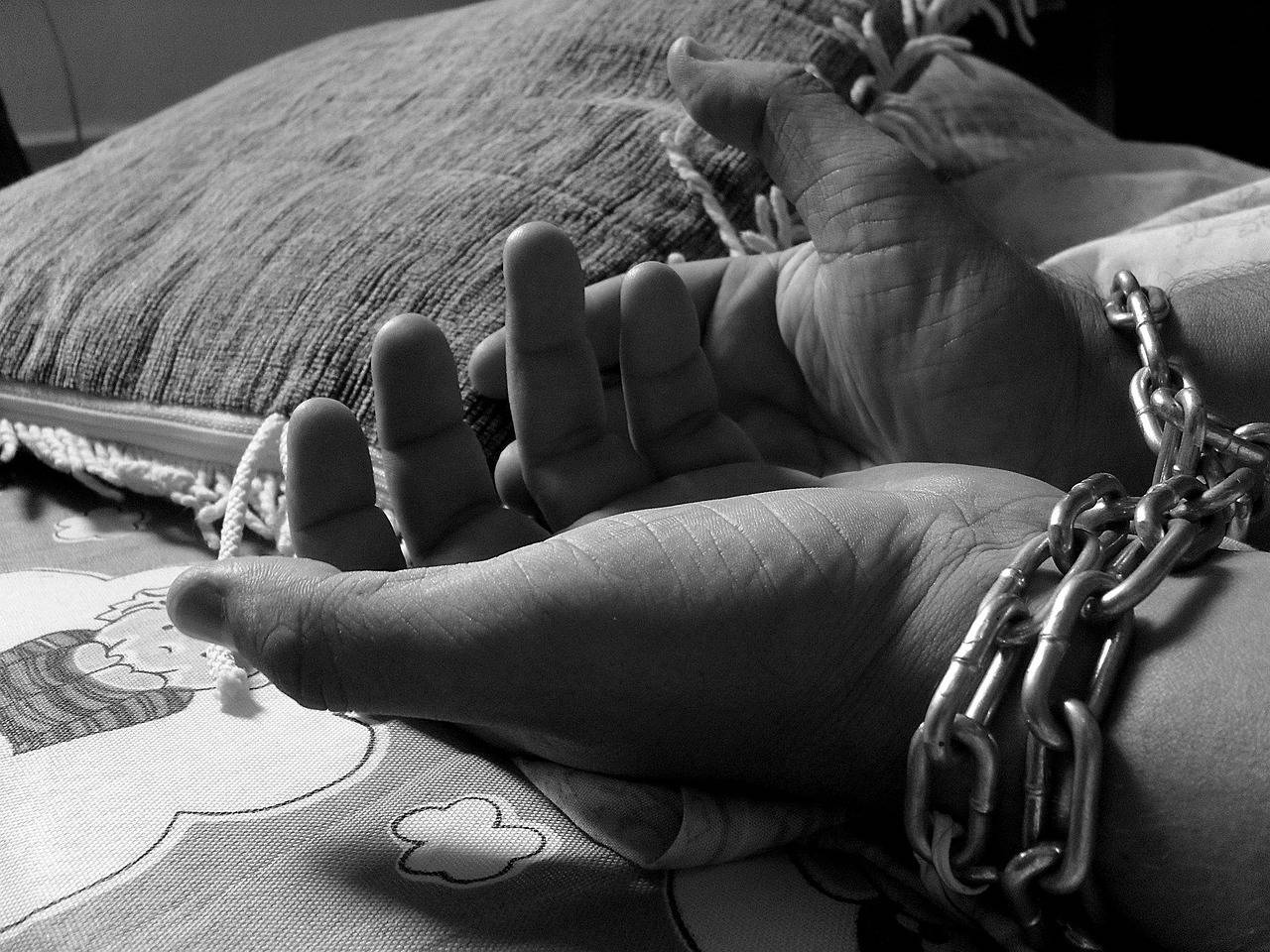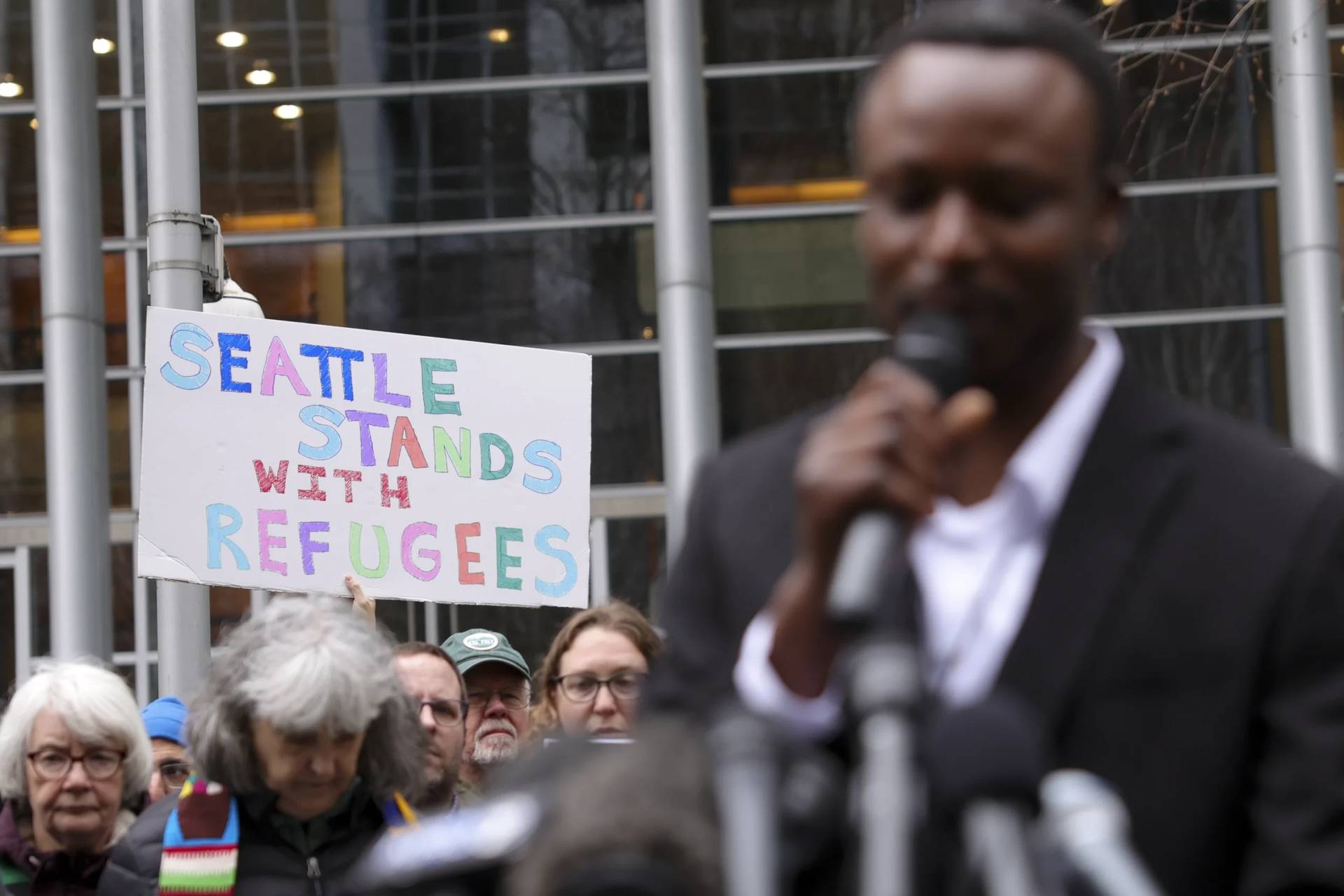YAOUNDÉ, Cameroon – About 170 students at a Catholic school were taken by separatists in Cameroon earlier this month and later regained their freedom.
Bishop George Nkuo of Kumbo told Crux that the kidnappers complained that the school was not abiding by Anglophone separatists’ call for a school boycott.
“That is the crime we have committed: Allowing children to go to school,” the bishop said.
According to a diocesan statement, unidentified gunmen came into the campus of Saint Augustine’s College shortly after 6 a.m. on Feb. 16 and abducted 170 students, 2 college security guards, one teacher and three of his children.
“The children were in the dormitory and they (the attackers) first picked the girls, and by the time they got to the boys’ dormitory, some of them had hid themselves in the ceiling. So, only 15 boys were taken. The rest were girls,” Nkuo told Crux.
The bishop said they took the students “without a single gunshot.”
Nkuo said the children were shepherded “far off into the forest, about 30 kilometers, on foot.”
Asked whether the students were ill-treated by their captors, the bishop answered in the negative.
“From the echoes I got while they were still out there, they were well treated. They were given good breakfast – rice – and they even commented that there was some good meat inside.”
Nkuo said the children and the staff were released in the evening of Feb. 17.
He said the release was “a big relief” for him as their bishop, but an even “bigger relief for the parents.”
“I could see pain and anxiety; the parents were so traumatized. They weren’t sure whether the children would come back alive or dead. There is great joy, great celebration to see them all return,” the bishop said.
“We managed to recover all of them, they are back in school and the parents have come and collected them. It was a very difficult and horrible experience for the parents,” he said, “a good number of them (the children) have had a very difficult experience. Some of them were crying, some could barely walk, and some even fainted.”
The bishop said he was horrified with how the children looked when they returned.
“It’s painful, very painful indeed to see the state in which the children came back looking worn out with swollen feet,” he said.
Quizzed on whether the church paid any ransom to secure the release of the children, the bishop blurted out: “Ransom to whom? No, no, for God’s sake, we paid no ransom.”
The Northwest and Southwest regions of Cameroon are majority English-speaking, a legacy of the colonial history of the country: Cameroon was originally German, but after World War I the defeated country transferred it to the allies, and it was divided between France and Britain.
At independence, the two parts were reunited, and currently about 20 percent of the country’s nearly 25 million people is anglophone. The Catholic Church is the largest religious group in the country, representing about 40 percent of all Cameroonians.
In October 2016, strikes by lawyers and teachers over perceived attempts by the Francophone administration to assimilate the legal and educational systems practiced in the two English-speaking regions turned violent, and morphed into rising demands by Anglophone Cameroonians for independence.
The government has been accused of razing entire villages and extrajudicial killings in their hunt for separatists, who are calling on the English-speaking areas to form a new country, called ‘Ambazonia.’
Separatists have also been accused of atrocities, and have attacked Cameroonian security forces, and kidnapped opponents for ransom.
The militants have also called for a school boycott and have enforced their demands with violence.
Nkuo said Kumbo has been infested by several separatist groups making the school environment very dangerous for students.
“Most of the parents have taken their children home because it is no more safe for the kids here.”
As a result, the bishop has now closed down the school.
“We have no choice other than to close down the school. That has been our only crime: That children are going to school,” he said. “I close this college with deep tears and regrets. That the children are deprived of the great opportunity to excel is something that we really worry about.”
Nkuo said he was grateful to all the sympathizers and persons of goodwill who gave the community moral support in these two days of “grave concern and anxiety.”
It’s not the first time the school has come under attack. Some months back, the principal was taken, along with some members of staff. On Feb. 12, some students and staff were taken by yet another group.
The latest kidnapping happened barely three months after nearly 80 students were kidnapped by suspected separatists in a Presbyterian school in the regional capital, Bamenda.
On Monday, the Vatican’s Secretary for Relations with States, Archbishop Paul Richard Gallagher, reportedly offered to mediate in the conflict when meeting with Cameroonian officials on the sidelines of the UN Human Rights Council meeting in Geneva.
